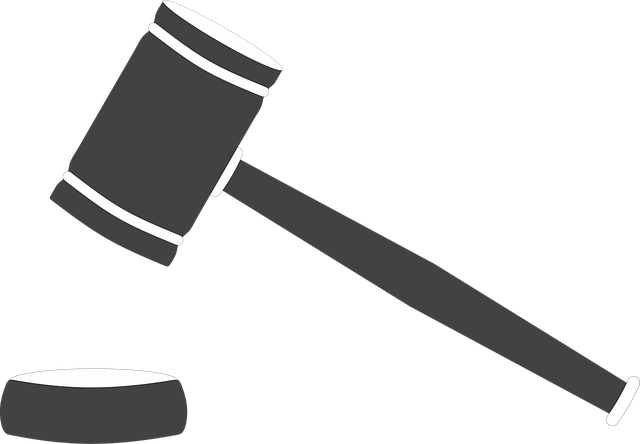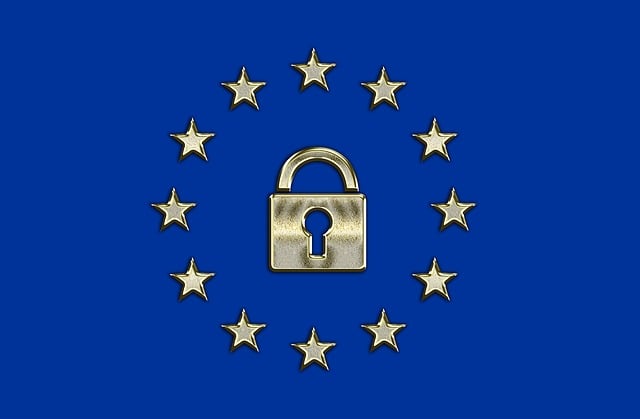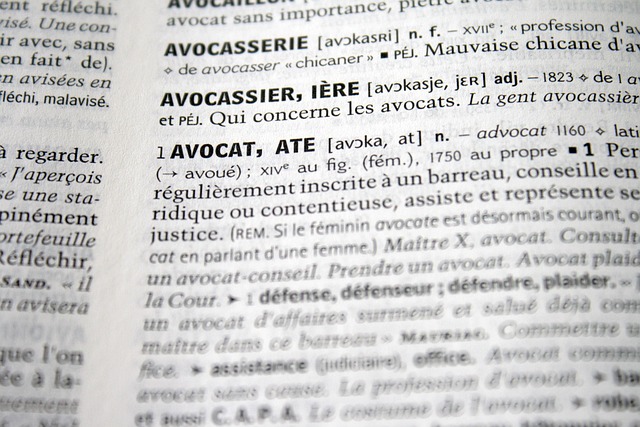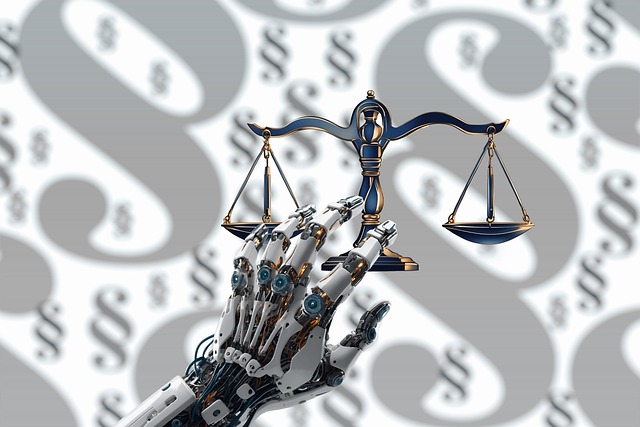C-Level Investigations are meticulous inquiries into executive conduct, vital for navigating complex legal and reputational issues in high-stakes cases, particularly defamation. Skilled investigators use advanced strategies, technologies, and deep corporate/legal knowledge to uncover facts, analyze documents, and interview stakeholders to prove damages, crucial for restoring reputation and mitigating financial losses. Proving specific types of losses through thorough investigation strengthens evidence, ensuring appropriate compensation and reputational repair in both philanthropic and political spheres. Swift legal responses are key, with experienced teams navigating complex defamation law to protect company integrity and mitigate liabilities.
In today’s complex business landscape, C-level investigations have become indispensable tools for safeguarding corporate integrity. This article delves into the intricacies of these high-stakes inquiries, focusing on understanding their scope and impact. We explore critical aspects such as proving damages in defamation cases, where identifying and quantifying losses is pivotal. Furthermore, we navigate effective legal strategies to ensure swift and just resolutions. By examining these key elements, organizations can enhance their response to potential reputational crises.
- Understanding C-Level Investigations: A Deep Dive
- Proving Damages: Key Elements in Defamation Cases
- Navigating Legal Strategies for Effective Resolution
Understanding C-Level Investigations: A Deep Dive

C-Level Investigations refer to comprehensive inquiries into high-level executive conduct, often launched in response to serious allegations or incidents. These investigations are critical in navigating complex legal and reputational landscapes, especially within high-stakes cases. They serve as a powerful tool for organizations to prove damages in defamation cases, ensuring accountability and mitigating potential risks.
In such unprecedented track records, meticulous attention to detail is paramount. Skilled investigators employ advanced strategies and technologies to uncover facts, analyze documents, and interview key stakeholders. The goal is not merely to defend against allegations but to provide a clear and compelling narrative that can lead to winning challenging defense verdicts. This process demands a deep understanding of corporate structures, legal frameworks, and the intricate dynamics of power within organizations, particularly in cases where damages must be proven to restore reputation and mitigate financial losses stemming from defamation.
Proving Damages: Key Elements in Defamation Cases
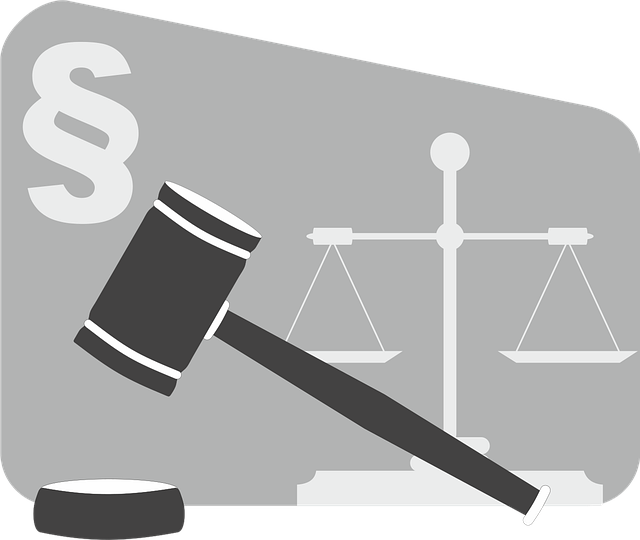
Proving damages in defamation cases is a critical aspect of securing justice and holding accountable those who have made false statements causing harm to others’ reputations. In such legal battles, establishing the extent of damage and its financial value is essential to receive appropriate compensation. Key elements come into play when presenting a defamation claim, focusing on specific types of losses incurred. These may include actual damages, like economic losses or out-of-pocket expenses, as well as punitive damages awarded to deter future malicious conduct.
The process involves thorough investigation and documentation throughout all stages of the investigative and enforcement process. An unprecedented track record of success in defamation cases can strengthen the credibility of evidence presented, ensuring that individuals and organizations affected by false narratives receive the redress they deserve. This not only compensates for financial losses but also repairs reputational harm, a significant aspect in both philanthropic and political communities.
Navigating Legal Strategies for Effective Resolution

In the realm of C-Level investigations, navigating legal strategies for effective resolution demands a nuanced approach. When allegations arise at the executive level, organizations must ensure their responses are both swift and strategic. This includes understanding the intricacies of defamation law and its potential impact on proving damages. In many cases, especially high-profile ones, an unprecedented track record of successful defenses can make or break a company’s reputation and financial stability.
Skilled legal teams play a pivotal role in guiding their clients through these challenges, often securing complete dismissals of all charges. Their expertise lies in crafting compelling arguments, presenting irrefutable evidence, and leveraging winning challenging defense verdicts as a testament to their advocacy. This strategic navigation not only mitigates potential liabilities but also reinforces the organization’s integrity amidst scrutiny.
C-level investigations are critical in resolving complex business disputes, especially in defamation cases. By understanding the key elements of proving damages and employing strategic legal approaches, organizations can navigate these challenges effectively. When it comes to defending or pursuing such claims, a deep dive into the facts and a comprehensive strategy are essential for achieving favorable resolutions. Remember that, in the realm of C-level investigations, prompt action and a thorough examination of Proving Damages in Defamation Cases can make all the difference.
